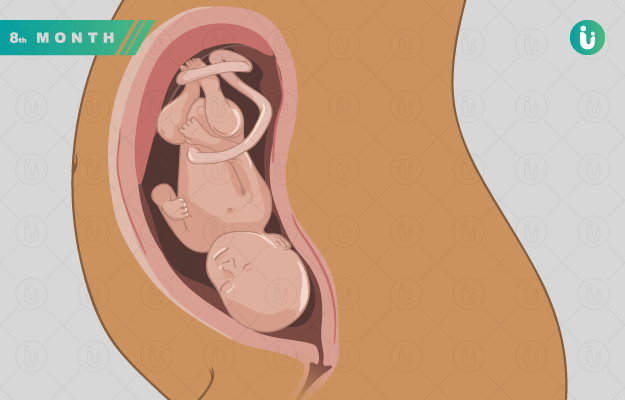Getting pregnant and having a baby is something many women want and think of as a happy experience. When you are pregnant, having a plethora of symptoms of pregnancy and perhaps even experiencing some complications is quite normal. Nausea, fatigue, swelling in the breasts, a missed period and mood swings are just a few of the symptoms associated with pregnancy.
But what happens when you show these clinical symptoms of pregnancy but repeated home tests reveal that you aren’t actually pregnant? This could happen in either of two cases: first is that you have a hormonal issue or reproductive health problem and second is that you have a case of a phantom pregnancy.
Phantom pregnancy, also known as false pregnancy, is a rare condition where even though there is no confirmed or actual pregnancy you are likely to have many symptoms of pregnancy. It may be easy to confuse phantom pregnancy with a miscarriage or even a chemical pregnancy since the symptoms actually do show up. However, in the case of a phantom pregnancy, there hasn’t been any implantation or conception at all and there isn’t any likelihood of there being a baby.
(Read more: Pregnancy)
The symptoms of phantom pregnancy can last long enough to make you and those around you feel like you are expecting a baby. A phantom pregnancy can, therefore, not only affect you physically but also leave a deep psychological impact. Proper diagnosis, treatment and care for someone with a phantom pregnancy is very important. In this article, you’ll find out everything you need to know about phantom pregnancy.















































